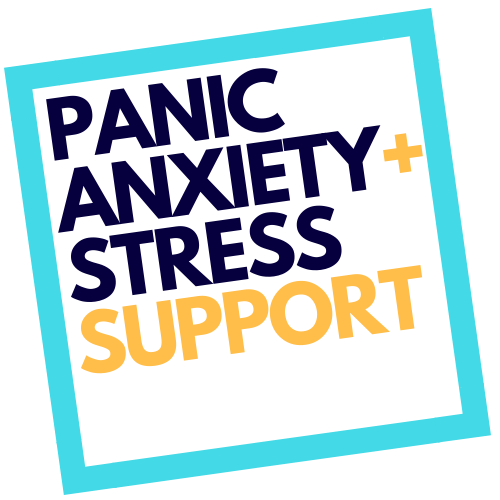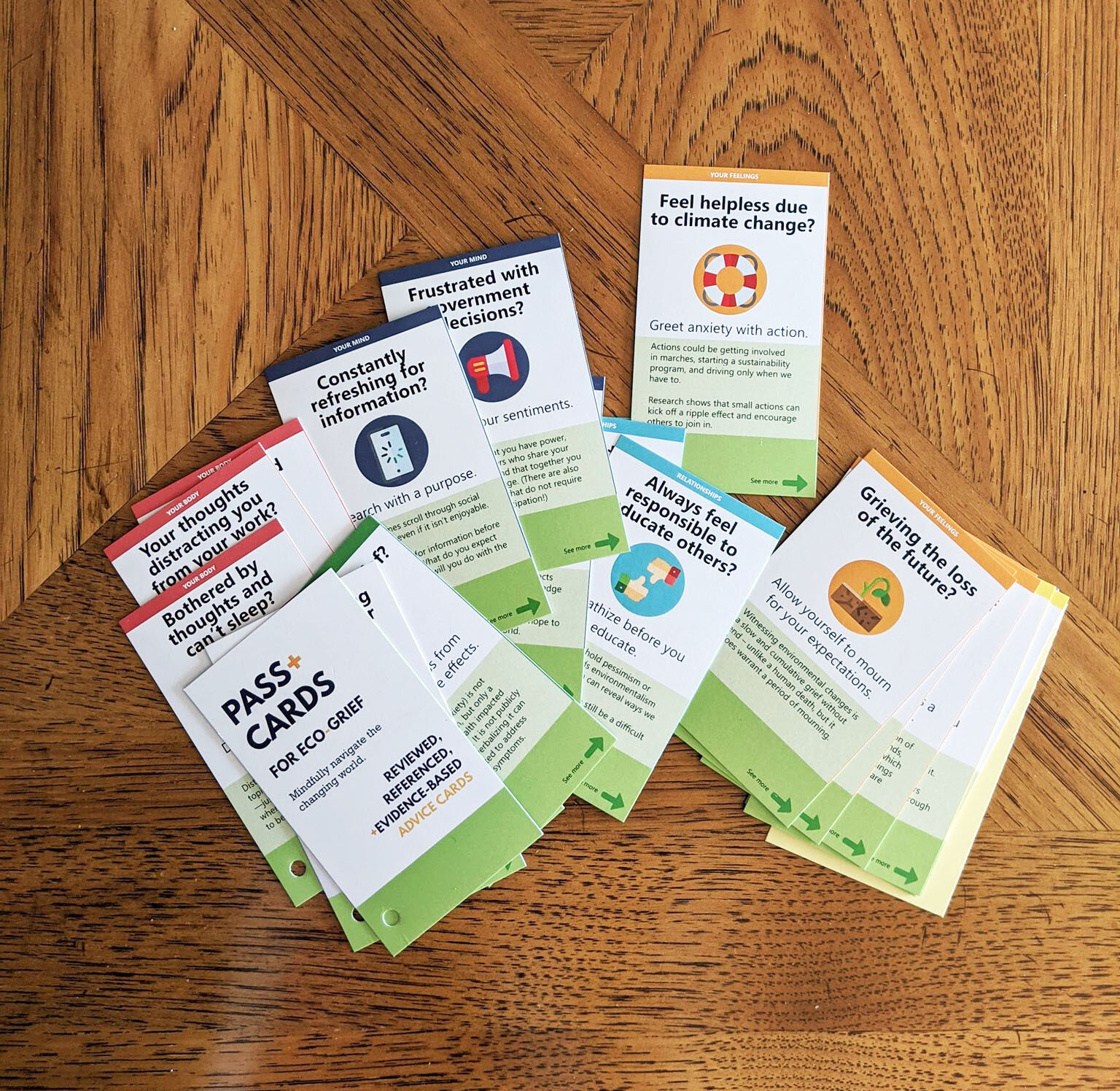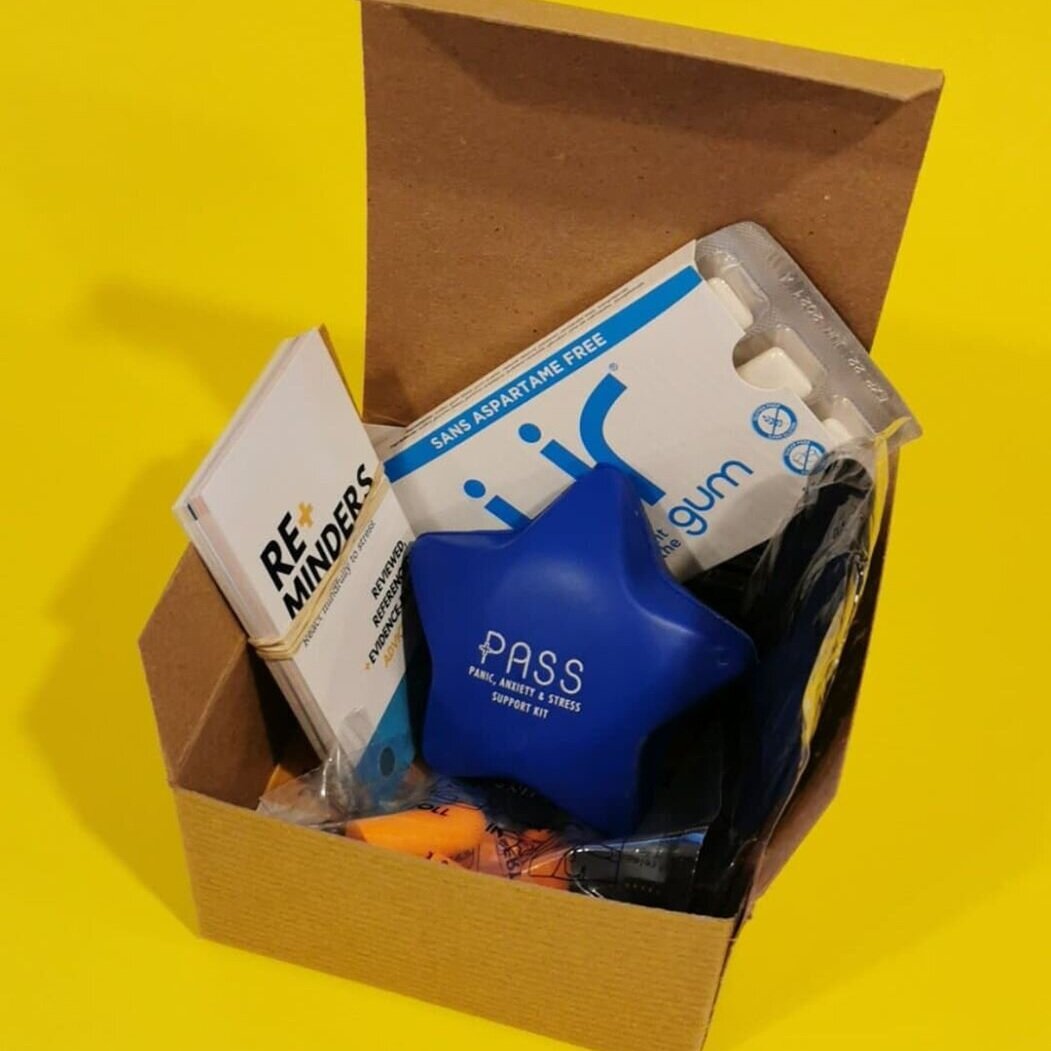Creating Eco-grief Resources with Community Leaders
As we as a community accept a changing future, we hope deliver products which reflect the needs of daily life.
In November 2019, we participated in a Social Innovation Challenge event local to Kitchener-Waterloo (KW), and received the support of the KW and Toronto community to tackle the topic of “Eco-grief.” We are now opening Pre-orders for our Eco-grief Flashcards developed with support in Southern Ontario to be fulfilled in June 2020 (next month)!
At the Kitchener-Waterloo Social Innovation Challenge, November 2019.
Ecological Grief, eco-stress, eco-anxiety…
Eco-grief is also known as “climate grief,” “climate anxiety,” “eco-anxiety,” or “climate stress,” but activists and psychiatrists encourage us not to pathologize it due it being a rational concern. Although criticized as perhaps a fleeting headline, eco-grief deserves more serious attention as it greatly interrupts the day to day life of affected individuals, especially lives of youth and those in marginalized communities witnessing change in routine, culture, and land.
Support gatherings have been sprouting up around Canada, many of these run by students: for example, one group in Montreal focuses on art and connection and one at Dalhousie University has regular meetings within student communities. One difference the eco-grief conversations have when compared to traditional “environmental clubs” is their focus on conversation and honouring emotions around the topic of witnessing a changing world. Climate Change has been reported by Jack.org (a grassroots and youth-led mental health promotion organization) as an important stressor to youth and is a topic of grief as well as activism.
Draft of a card inspired by interviews with persons facing stress from climate change. A re-occurring topic from students and young professionals was a feeling of hopelessness for their future.
Although we took a CBT-based approach, we recognized the deeper need for resolution beyond thoughts and feelings and took an extra (and needed) step to consult activists and community leaders on “What to think when science is so negative?” We also took cues from the academic research such as that of scholars Dr. Andrea Cunsolo of Memorial University and of Dr. Joanna Macy regarding “Active Hope” during times of worry. Although the World Health Organization (WHO) lists climate change as a threat to health, mental health affected by climate change is emerging as a threat as well. Topics of eco-grief is starting to be incorporated as a topic in some educational curricula in Europe.
It was an honour to receive community support and their trust in us to translate their experiences into resources for their members and those outside their circles. Thank you again EDGE-UCC Network, Canadian Climate Psychiatry Alliance, Social Innovation Challenge, First Nations and Inuit Health Branch of Canada, Jack.org, Conrad Grebel Epp Peace Incubator, Mark Mann, and all the persons with eco-grief who contributed their voices to our learning.
Please check out:
[https://www.ecoanxious.ca/] - Story about persons with eco-grief
[https://www.climatepsychiatry.org/canadian-cpa-home] - Psychiatrists aiming to improve climate literacy of those in the psychology profession to address the needs of clients with eco-grief
Our research into eco-grief has also influenced the way we are running PASS Inc. as a small business, and we have released more options to buy our product, such as offering paper box options for our PASS kits. :) (Yes, you can swap in the PASS Cards for Eco-grief in June 2020.)
Kraft boxes are opaque to conceal contents for privacy and are recycling-compatible.
We are continuously learning and look forward to delivering more resources reflective of specific problems in the future. Contact us if there is a pressing topic in your community you would like addressed.




